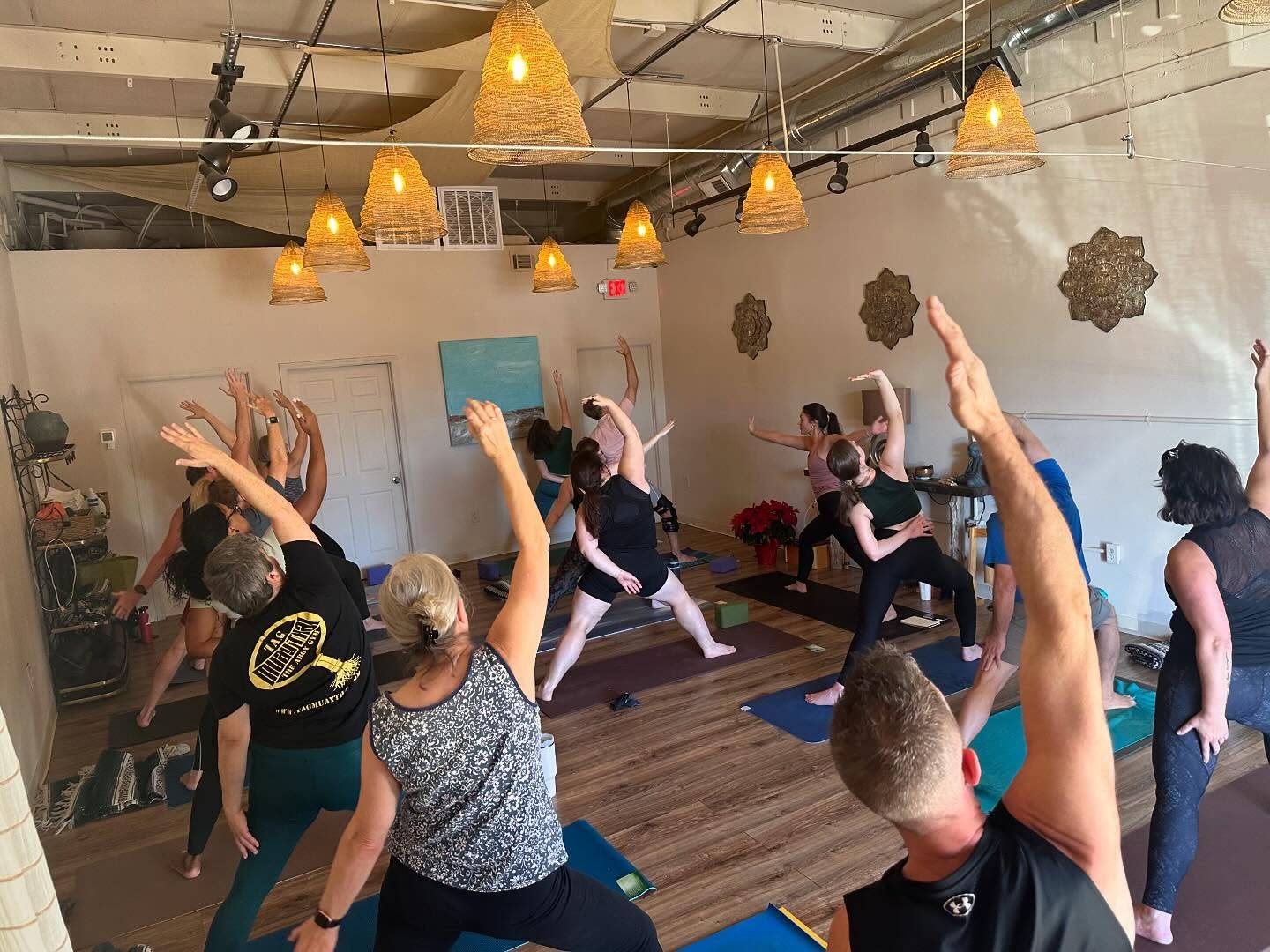PhD student Courtney Ober has made it her mission to understand – and to promote – good mental health. From author to scholar, yoga instructor and a co-founder of KrazyGirlProject.com, Ober is laser focused on schools and wellness education for students.
Currently a mental health therapist in Columbia, SC’s Richand School District One, Ober is a third-year doctoral candidate with a research emphasis on the adoption and implementation of mindfulness programs in K-12 schools.
The KrazyGirl Foundation, an outreach of KrazyGirlProject.com, is a nonprofit that Ober and her mother, a therapist, founded to support the mission of the KrazyGirl Project, what she calls busting the mental health stigma through humor, honesty and connections.
Ober says she grew up navigating mental health challenges, so “together we wanted to create something that helps others feel seen, supported, and less alone”.

As a published author of KrazyGirl (& Guy) Parent Survival Guide: Helping Your Child of Any Age Thrive with Mental Health Challenges, Ober has continually dedicated herself to helping students with interventions that assist them in wellness and good mental health. Her book promotes good mental health practices and like her foundation, grew directly out of her own mental health experiences.
“It’s written from three interconnected perspectives - my mom’s as a seasoned therapist and ‘warrior mom’, mine as a sensitive teen learning to manage my own mental health in the social media age and insights from leading medical and wellness professionals,” says Ober.
She hopes the book offers parents a compassionate but practical roadmap for navigating fear, confusion and exhaustion that can accompany a child’s mental health struggles and will help families move toward better wellness and understanding of mental health problems.
Ober’s credentials include a BSW from Ramapo College of New Jersey and a 2023 MSW from New York University. Her research centers on school mental health, with a particular emphasis on the adoption and implementation of mindfulness programs in K-12 public schools. Her scholarship includes how schools can integrate mindfulness-based interventions in ways that are both feasible and sustainable, particularly within under-funded educational settings.
She recently co-authored a paper with Social Work faculty Robert Hock and Aidyn Iachini, titled “Mindfulness Interventions in Low-Income Schools: A Scoping Review of Implementation Barriers and Facilitators”. Ober says the research stemmed from a systematic review course with Hock and represents her broader social work interests – mindfulness intervention in K-12 schools, student mental health and supports for under resourced schools.
The study, according to Ober, is a review of the barriers and facilitators to implementing school-based mindfulness programs in pre-K-12 low-income schools across the United States. Using data, the study mapped evidence to identify strategies that would assist both researchers and practitioners – mindfulness strategies that can reduce anxiety and depression and improve attention and behavior. The study was based on the premise of understanding real world factors that influence how successfully schools can deliver mindfulness interventions.
Aidyn Iachini, faculty member and project co-lead, enjoyed working on the scholarship with Ober.
“It was exciting for me to see Courtney take a topic that she is so passionate about – school-based mindfulness programs - and use the systematic review class as an opportunity for her to dig deeper and set a strong foundation for her doctoral dissertation work.”
Ober is eager to expand her work in this area.
“This area of research deeply interests me because mindfulness has had a meaningful impact on my own life - I maintain a daily meditation practice and have spent the past five years teaching mindfulness and yoga to both adults and children,” she says.
“I’ve witnessed firsthand how these practices can improve focus, self-regulation and emotional well-being, and I’m passionate about understanding how schools can make these benefits accessible to all students.”
Long term, Oberts hopes to make difference in lives of kids through research on school-based mindfulness.
“Ultimately, my goal is to bridge evidence and practice - helping schools move from recognizing the potential of mindfulness to discovering how to make it thrive within their unique contexts.”
Iachini thinks Ober has a great future.
“I have no doubt when she graduates she will be prepared for the realities of the higher education workforce and make a difference in the lives of vulnerable youth.”